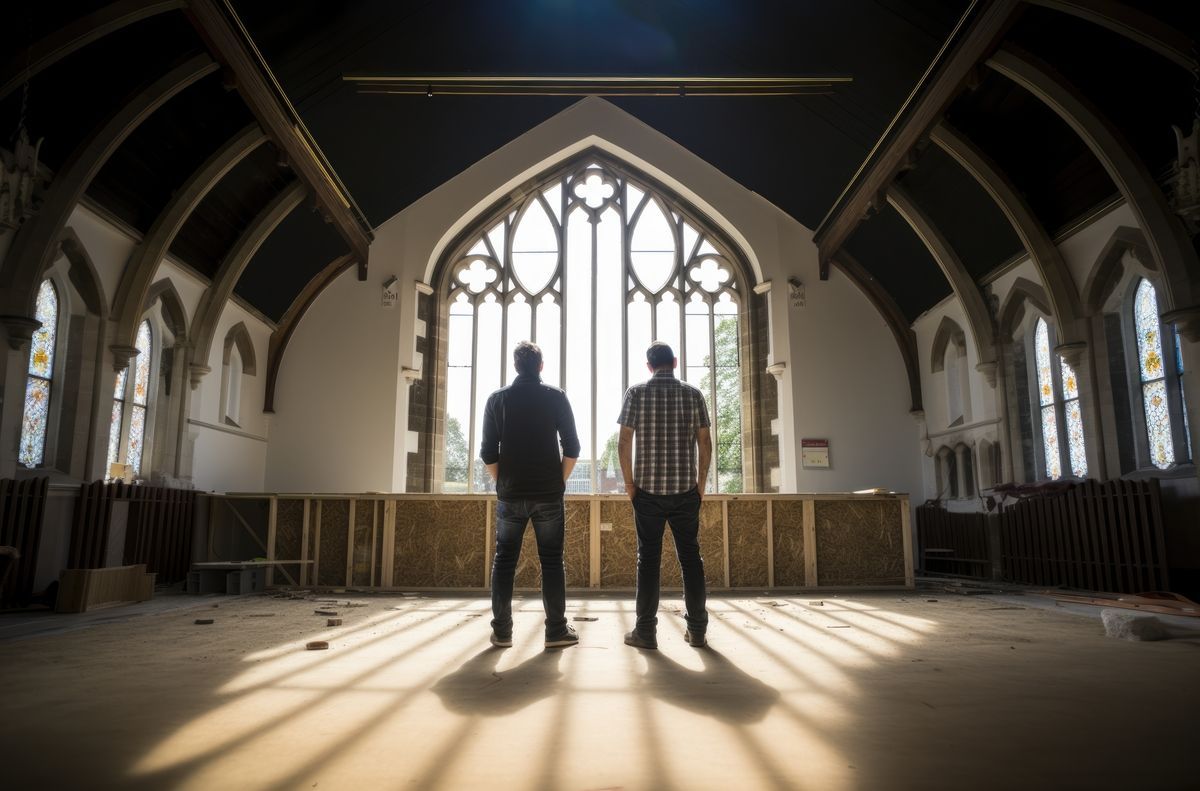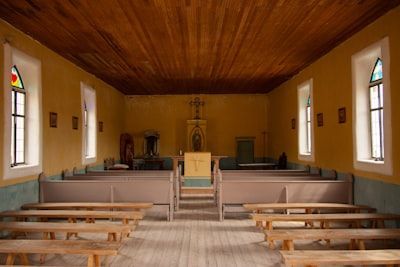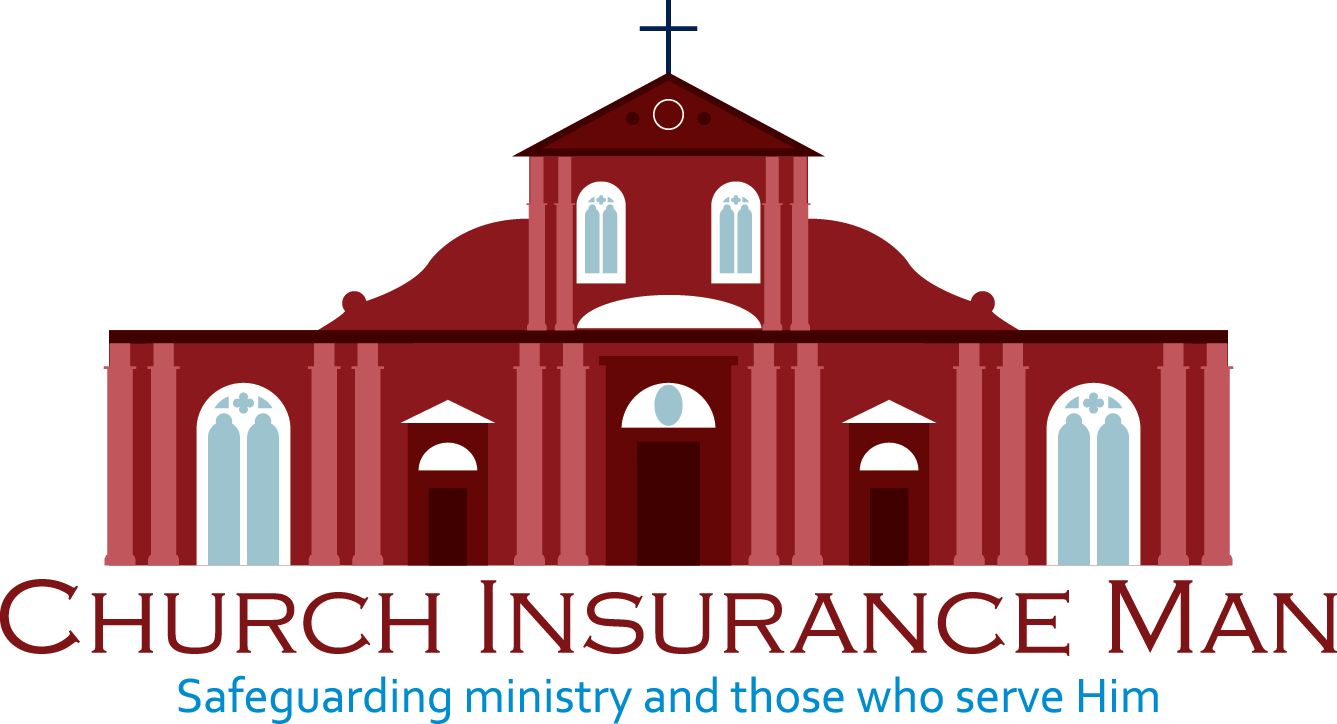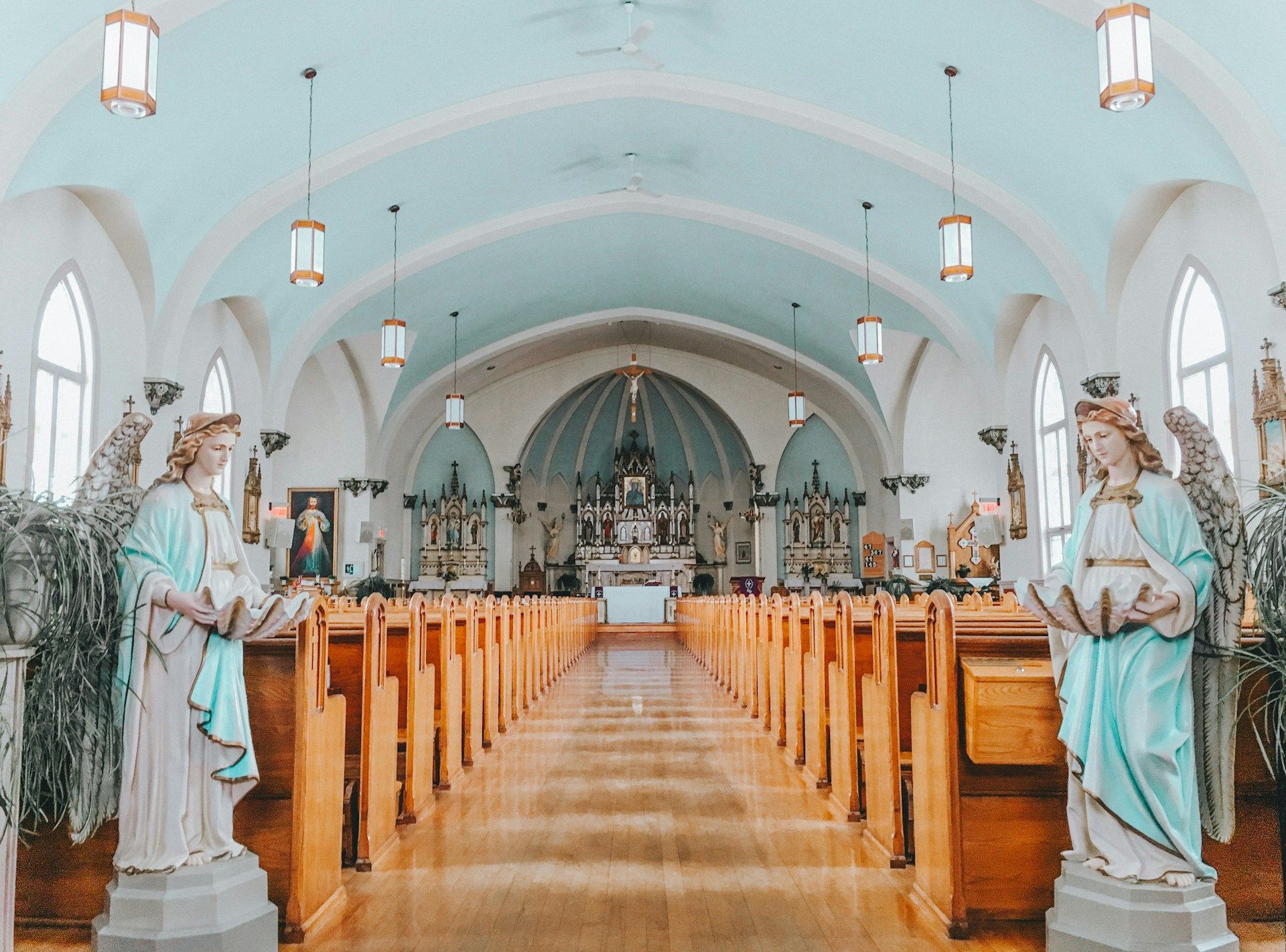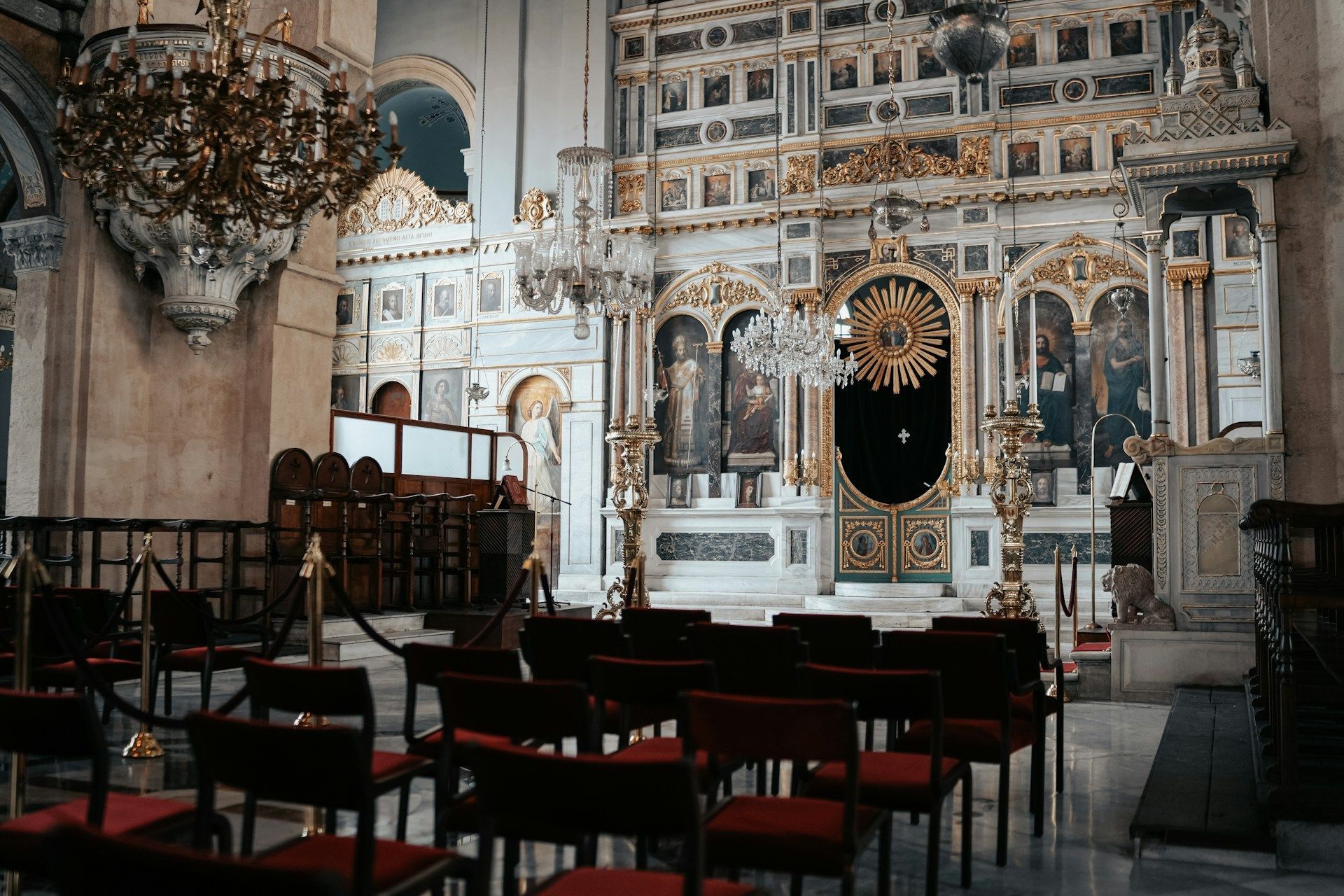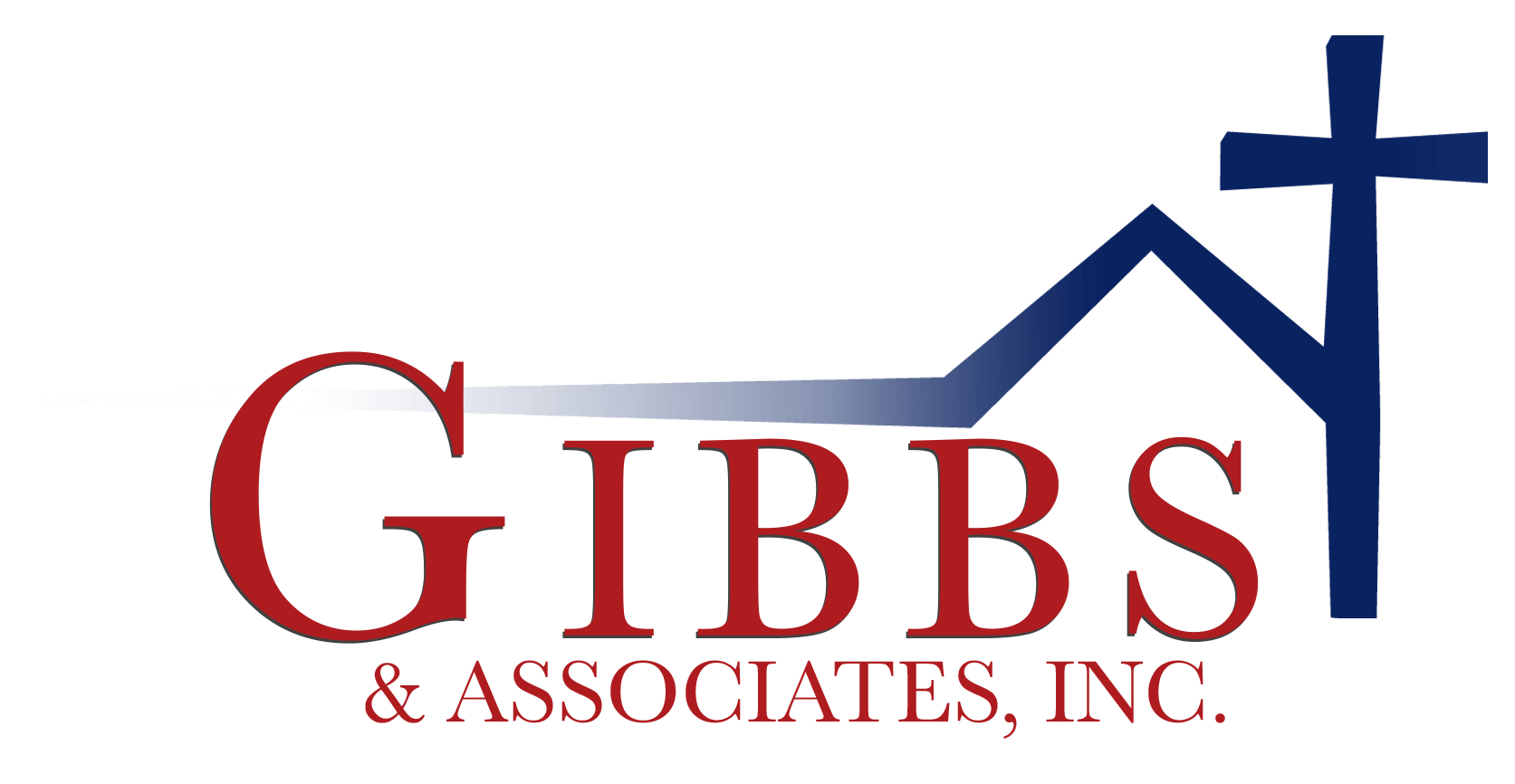How To Choose the Right Church Insurance in Georgia
Choosing the right church insurance in Georgia is a crucial step for protecting your church's assets, people, and mission. With various insurance options available, figuring out which one best fits your church's needs can be overwhelming. Each church is unique, with specific risks and requirements that need comprehensive coverage.
Understanding the types of church insurance available, such as property insurance, liability insurance, and business auto insurance, helps make this process easier. By knowing what each type of insurance covers, you can better assess which policies will provide the protection your church requires. Additionally, considering the factors that influence insurance choices, like the size of your church and the range of activities you offer, ensures that you select a policy tailored to your needs.
While navigating the insurance landscape, it's essential to be aware of common pitfalls that many churches encounter. Being informed equips your church to avoid these missteps and secure the right coverage. By customizing your insurance plan based on specific needs, and with the help of Church Insurance Man, you will achieve optimal protection for your church, ensuring that you can continue your mission safely and confidently.
Understanding the Types of Church Insurance Available in Georgia
In Georgia, churches have several types of insurance options to consider, each addressing different aspects of their operations and potential risks. First, there's Property Insurance, which covers damage to physical structures like the church building, furniture, and other assets caused by events such as fires, storms, or vandalism. This type of insurance is essential for maintaining the physical integrity of the church and ensuring it remains a safe place for the congregation.
Liability Insurance is another critical coverage area. This insurance protects the church against legal claims arising from accidents or incidents where someone is injured on church property. For example, if a visitor slips and falls during an event, liability insurance can cover medical expenses and legal fees. Additionally, churches should consider Directors and Officers (D&O) Liability Insurance, which covers church leaders from claims related to decisions made in their official capacity.
Key Factors To Consider When Choosing Church Insurance
Choosing the right insurance for your church in Georgia involves examining several key factors. First, assess the specific needs of your church based on its activities and size. A small church might have different insurance needs compared to a larger one with multiple programs and events. Understanding these needs helps you select tailored coverage that adequately protects your church.
Another critical factor is the quality of the insurance provider. It's essential to work with an insurer experienced in offering church insurance. Look for providers who understand the unique risks and requirements of religious institutions. Checking their reputation, customer service, and claims process can give you an idea of their reliability and efficiency.
Moreover, budget considerations are crucial. While it's tempting to opt for the cheapest plan, it's vital to balance cost with the comprehensiveness of coverage. Evaluate different policies' benefits against their cost to find a plan that offers the best value. Remember, the cheapest option might not provide adequate protection, leading to higher costs in the long run if a claim arises.
Additionally, consider the flexibility of the insurance plan. Church activities can change over time, so it's beneficial to have a policy that can be adjusted as needed. Ensure that your insurance coverage can be updated easily as your church grows, adds new programs, or faces new risks.
Common Pitfalls To Avoid in Insurance Selection
When selecting church insurance in Georgia, several common pitfalls can trip up even the most diligent church leaders. One major oversight is underinsuring the church's assets. Churches often have valuable property and equipment, from the building itself to audio-visual gear. Failing to adequately insure these assets means that, in the event of damage or loss, the church might not have enough coverage to fully recover.
Another pitfall is neglecting to review and update the insurance policy regularly. Churches change over time—new programs start, buildings are renovated, and the number of members grows. Each of these changes can affect your insurance needs. Make it a point to review your policies annually to ensure they still provide adequate coverage. Ignoring this practice can leave significant gaps in your protection.
A third common mistake is assuming general liability insurance covers all possible risks. While general liability is essential, it might not cover specific needs like employment practices liability or cyber liability. Each church's risk profile is unique, so assessing all potential exposures and obtaining the necessary specialized coverage to fill those gaps is critical.
Steps To Customize Your Insurance Plan for Optimal Coverage
Customizing your church's insurance plan to meet specific risks and needs is crucial for optimal protection. Start by conducting a comprehensive risk assessment of your church's operations and property. Identify all valuable assets, potential liabilities, and unique activities. This assessment will serve as the foundation for choosing the right types of insurance coverage.
Next, prioritize the types of insurance most relevant to your church's needs. For instance, a church that owns multiple vehicles used for outreach programs in Georgia may need more robust business auto insurance. On the other hand, a church heavily involved in community service might need enhanced liability insurance to cover all its volunteer activities.
Additionally, work closely with an insurance agent who specializes in church insurance. Their expertise can help identify specific risk factors you might have overlooked and adjust policies accordingly. They can also advise on the optimal coverage limits and deductibles, ensuring your policy offers the best balance between protection and premium costs.
Once your policies are in place, make it a habit to monitor and review them regularly. This proactive approach helps keep your coverage aligned with your church's evolving needs and minimizes the risk of any unexpected gaps. Regular reviews make sure you're always prepared, no matter the circumstances.
Conclusion
Choosing the right church insurance in Georgia is vital to safeguarding your church’s assets, members, and mission. By understanding the different types of coverage available, carefully considering the key factors, and avoiding common pitfalls, you ensure that your church has a robust insurance plan tailored to its specific needs. Customizing your coverage based on comprehensive risk assessment and regular policy reviews further strengthens your protection.
At Church Insurance Man, we specialize in helping churches like yours navigate the complex world of insurance to find the perfect fit. Our goal is to help you focus on your mission, knowing that your church is well-protected against any unforeseen circumstances. Ready to secure the right
insurance coverage for your church in Georgia? Contact us today and let us assist you in creating a customized insurance plan that provides peace of mind and comprehensive protection.


